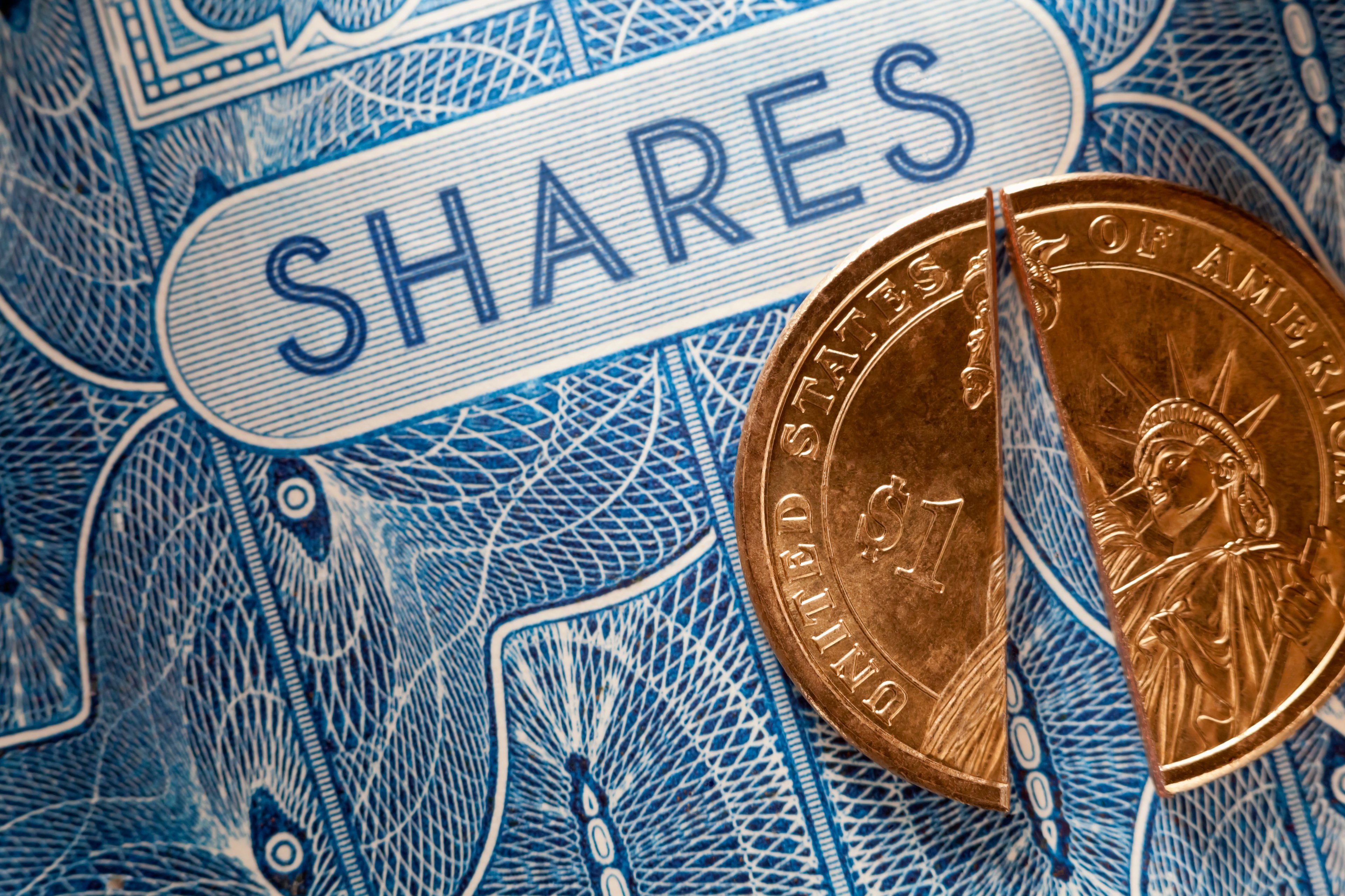When Facebook (FB 1.11%) CEO Mark Zuckerberg wrote a $20 million check earlier this year to bring solar-powered drone designer Ascenta into the fold, it was yet another step toward fulfilling his Internet.org initiative. You may recall, Internet.org is a collection of industry heavyweights focused on bringing the Internet to the 70% of the world's population not currently connected.
Bringing the Internet and all it offers to the rest of world is a noble ambition, and Internet.org is a significant step to make it happen. But let's not forget, Zuckerberg is running the world's largest social media company, and that means there are also shareholders to appease.
Even as Facebook and its primary digital advertising competitor Google (GOOG +2.25%) (GOOGL +2.18%) -- proud new owner of its own solar powered drone manufacturer -- continue their respective philanthropic ways, continuing to increase revenue should be, and is, near the top of both digital giant's list of "to-do's." That's what makes Facebook's new tool for advertisers such an intriguing solution.
The challenge
There's a reason about 80% of Facebook's 1.32 billion monthly active users reside outside North America: most everyone who will ever make friends with Facebook here in the states already has. That means continued growth in both active users and advertising revenues, at least in part, will have to come from emerging markets like Africa, Asia, India, and the Middle East, to name a few. But in many instances, the infrastructure in these burgeoning markets is a far cry from what we've become accustomed to.
For many of us here in North America, rapid-fire Internet access via our mobile devices is taken for granted. Most data plans now feature 4G Internet access, the quickest means of connecting to the Internet. But for the much of the world, 4G speeds simply aren't an option. Which begs the question: As Facebook and Google begin to unleash their drones to beam Internet access to the rest of the world, how are advertisers going to take advantage of all those prospective new customers? Streaming video ads to a Facebook or Google search user on a 2G network somewhere in Africa? After a minute of buffering a video spot on a snail-like connection, the user will be long gone, leaving advertisers with little to no return on investment.
The solution
Facebook's answer to slow connection speeds in emerging markets? Its newly introduced Ad Create tool for advertisers. Regardless of an emerging market's infrastructure and existing network connection speeds, Ad Create allows marketers to customize ads, on the fly, based on the recipient's network. For example, let's say a Facebook advertiser has created a video spot targeting one or more emerging markets. For markets with faster networks, the video spot will run as planned. However, for those regions with slow connectivity, the same spot will substitute an image in lieu of video, to account for each user's connection speed.
Recognizing a user's existing network is also a great way for marketers to target their ads, beyond determining which image or video to use. "Bandwidth targeting," as Facebook calls it, is ideal for a smartphone manufacturer or network provider anxious to up-sell users to a faster network. According to Facebook, Vodafone is currently testing bandwidth targeting in India with some success. As a Vodafone representative put it, "We are excited about the new mobile targeting option on Facebook which allows us sharper targeting to a relevant audience."
If we know anything about Facebook, it's that Zuckerberg loves to gather and utilize reams of data for his marketing partners to get the most bang for their advertising buck, and there's no one better at it. The Ad Create tool is yet another means for advertisers around the world to get their message out, to the right people, in the right format. Don't be surprised to see Google unveil something similar before long. Emerging markets are simply too big, and potentially lucrative, to not focus on.
Final Foolish thoughts
At a shade under $16 billion in revenues last quarter, Google remains the king of digital advertising. Facebook's $2.91 billion in revenues in its most recent quarter was a 61% jump compared to last year, but clearly Zuckerberg and team have a ways to go before seriously threatening Google's position as king of the Internet. But with its outside the box thinking and game-changing tools like Ad Create, Facebook is forcing its way into the conversation.









